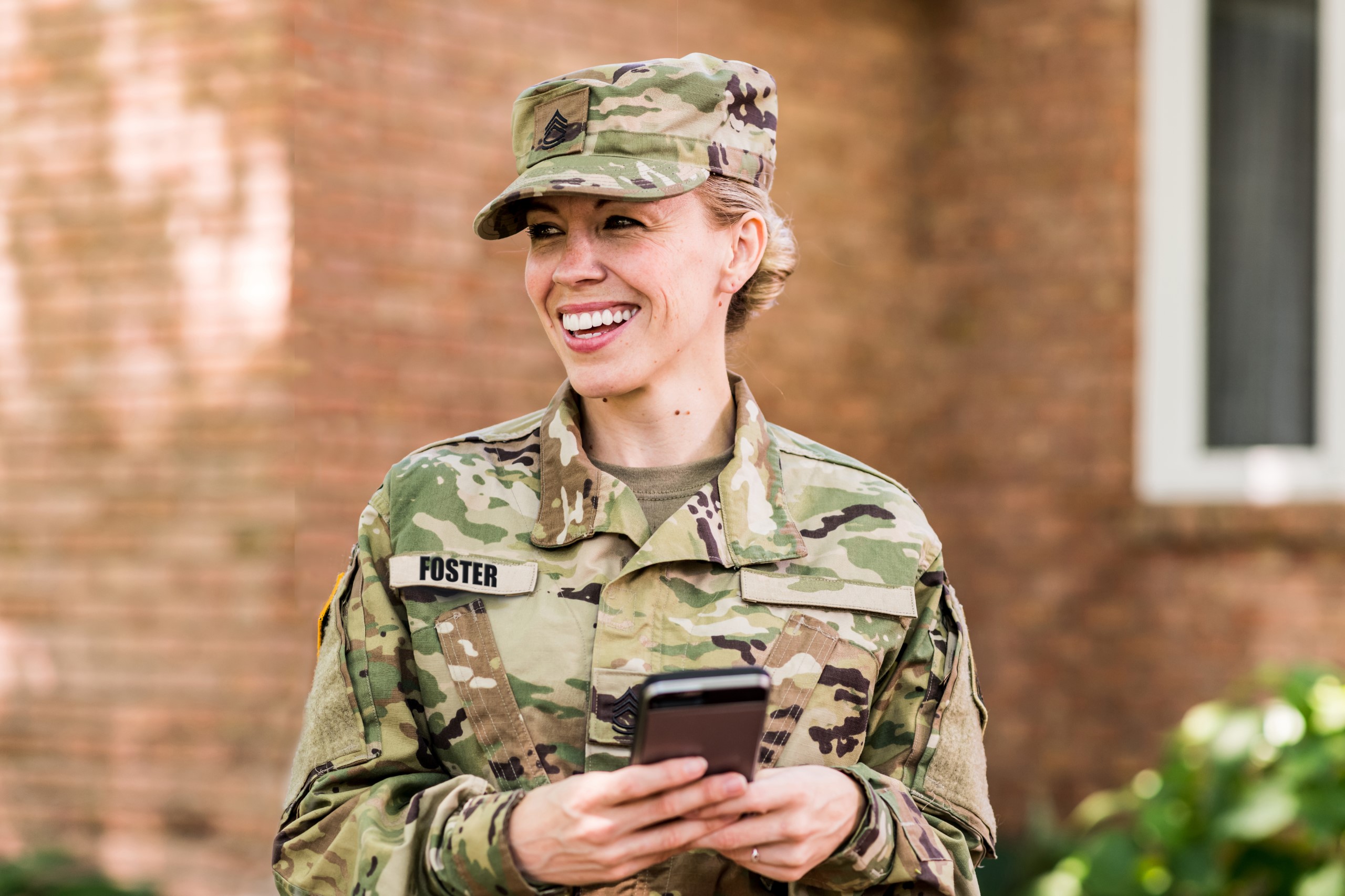Military and veterans
Military and veterans
Veterans have what
U.S. Bank needs
Strong leadership abilities and demonstrated teamwork skills. You can expect recognition of your service, support on deployment or paid time off for reintegration activities, depending on your needs. We also support military family members through special events and inclusive policies.

